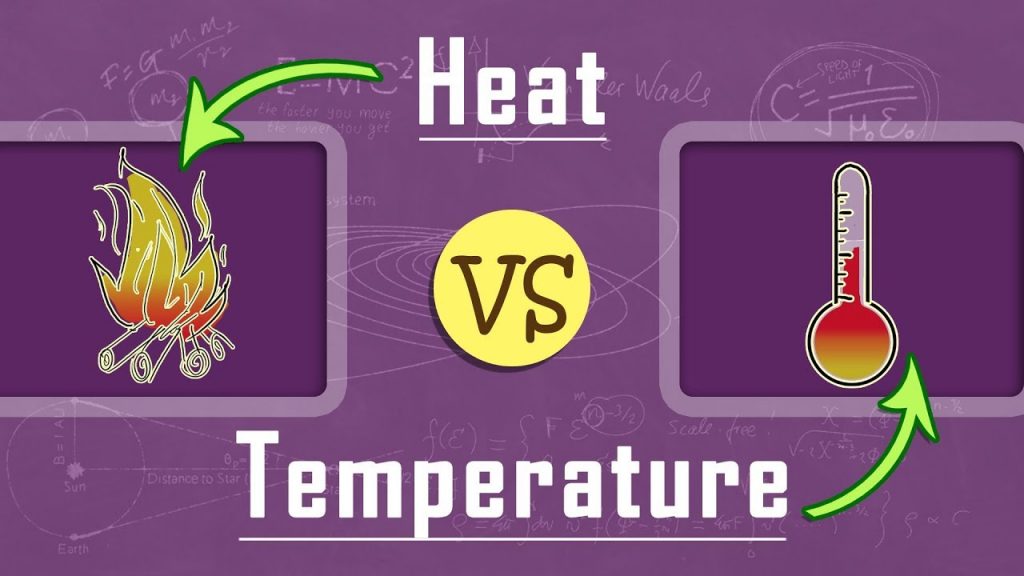Mention the boiling point and freezing point of mercury .
1 Answer
The boiling point of mercury is 357 °C and freexing point is -39°C.
With a freezing point of −38.83 °C and boiling point of 356.73 °C, mercury has one of the narrowest liquid state ranges of any metal.The boiling point is the temperature at which a material changes from a liquid to a gas (boils) while the melting point is the temperature at which a material changes from a solid to a liquid (melts). Keep in mind that a material's melting point is the same as its freezing point.
Mercury is an unusual substance: it's a metal that's liquid at room temperature. ... This is possible because mercury freezes solid at -38.83 degrees Celsius, and liquid nitrogen is far colder than that.For most substances, melting and freezing points are approximately equal. For example, the melting point and freezing point of mercury is 234.32 kelvins (−38.83 °C; −37.89 °F). However, certain substances possess differing solid-liquid transition temperatures.
It's never safe to touch mercury. Mercury is the only metal that is liquid at room temperature. ... In its liquid metal form, mercury absorbs instantly into the skin; but it also has an extremely high vapor pressure, so an open container of mercury disperses the metal into the air.Mercury is a heavy, silvery-white liquid metal. ... Because this configuration strongly resists removal of an electron, mercury behaves similarly to noble gases, which form weak bonds and hence melt at low temperatures.
In fact, as the boiling point of a solvent increases, its freezing point decreases. ... The solute (salt) reduces the freezing point of the ice, which allows the ice to melt at a lower temperature.As mentioned, elemental mercury vapor is highly lipid soluble which allows it to readily cross cellular membranes. It can also be oxidized to the mercuric state. Since mercuric salts form more soluble divalent compounds, these forms are more toxic than the mercurous salts that form monovalent mercury compounds.


